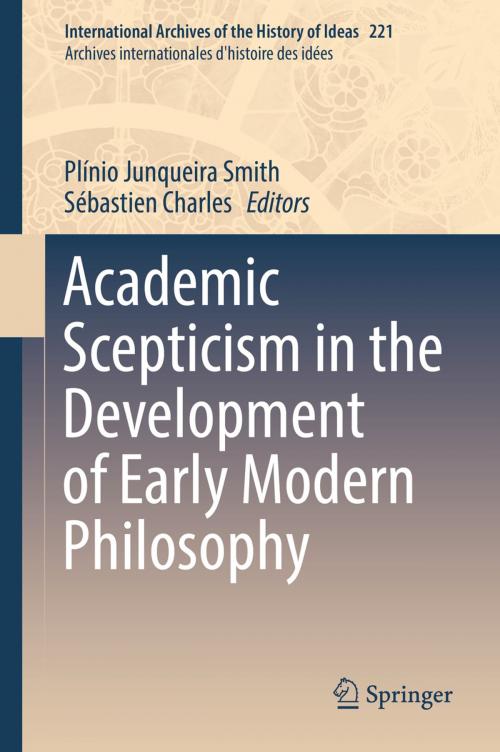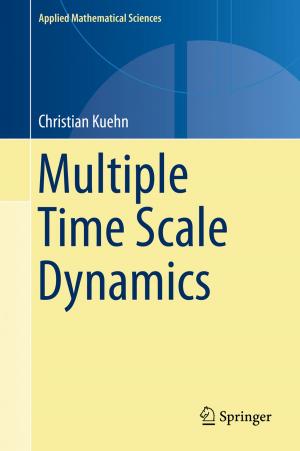Academic Scepticism in the Development of Early Modern Philosophy
Nonfiction, Religion & Spirituality, Philosophy, Modern, History, Criticism, & Surveys| Author: | ISBN: | 9783319454245 | |
| Publisher: | Springer International Publishing | Publication: | December 27, 2016 |
| Imprint: | Springer | Language: | English |
| Author: | |
| ISBN: | 9783319454245 |
| Publisher: | Springer International Publishing |
| Publication: | December 27, 2016 |
| Imprint: | Springer |
| Language: | English |
This book explores how far some leading philosophers, from Montaigne to Hume, used Academic Scepticism to build their own brand of scepticism or took it as its main sceptical target. The book offers a detailed view of the main modern key figures, including Sanches, Charron, La Mothe Le Vayer, Bacon, Gassendi, Descartes, Malebranche, Pascal, Foucher, Huet, and Bayle. In addition, it provides a comprehensive assessment of the role of Academic Scepticism in Early Modern philosophy and a complete survey of the period. As a whole, the book offers a basis for a new, balanced assessment of the role played by scepticism in both its forms. Since Richard Popkin's works, there has been considerable interest in the role played by Pyrrhonian Scepticism in Early Modern Philosophy. Comparatively, Academic Scepticism was much neglected by scholars, despite some scattered important contributions. Furthermore, a general assessment of the presence of Academic Scepticism in Early Modern Philosophy is lacking. This book fills the void.
This book explores how far some leading philosophers, from Montaigne to Hume, used Academic Scepticism to build their own brand of scepticism or took it as its main sceptical target. The book offers a detailed view of the main modern key figures, including Sanches, Charron, La Mothe Le Vayer, Bacon, Gassendi, Descartes, Malebranche, Pascal, Foucher, Huet, and Bayle. In addition, it provides a comprehensive assessment of the role of Academic Scepticism in Early Modern philosophy and a complete survey of the period. As a whole, the book offers a basis for a new, balanced assessment of the role played by scepticism in both its forms. Since Richard Popkin's works, there has been considerable interest in the role played by Pyrrhonian Scepticism in Early Modern Philosophy. Comparatively, Academic Scepticism was much neglected by scholars, despite some scattered important contributions. Furthermore, a general assessment of the presence of Academic Scepticism in Early Modern Philosophy is lacking. This book fills the void.















